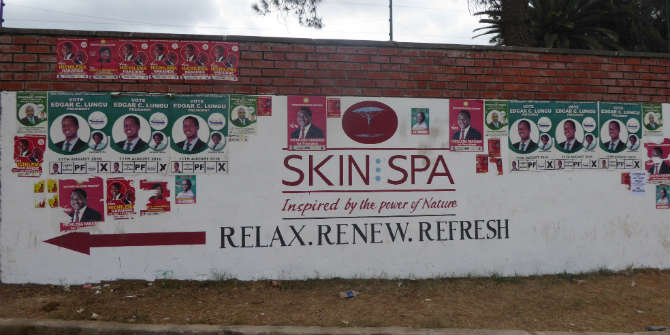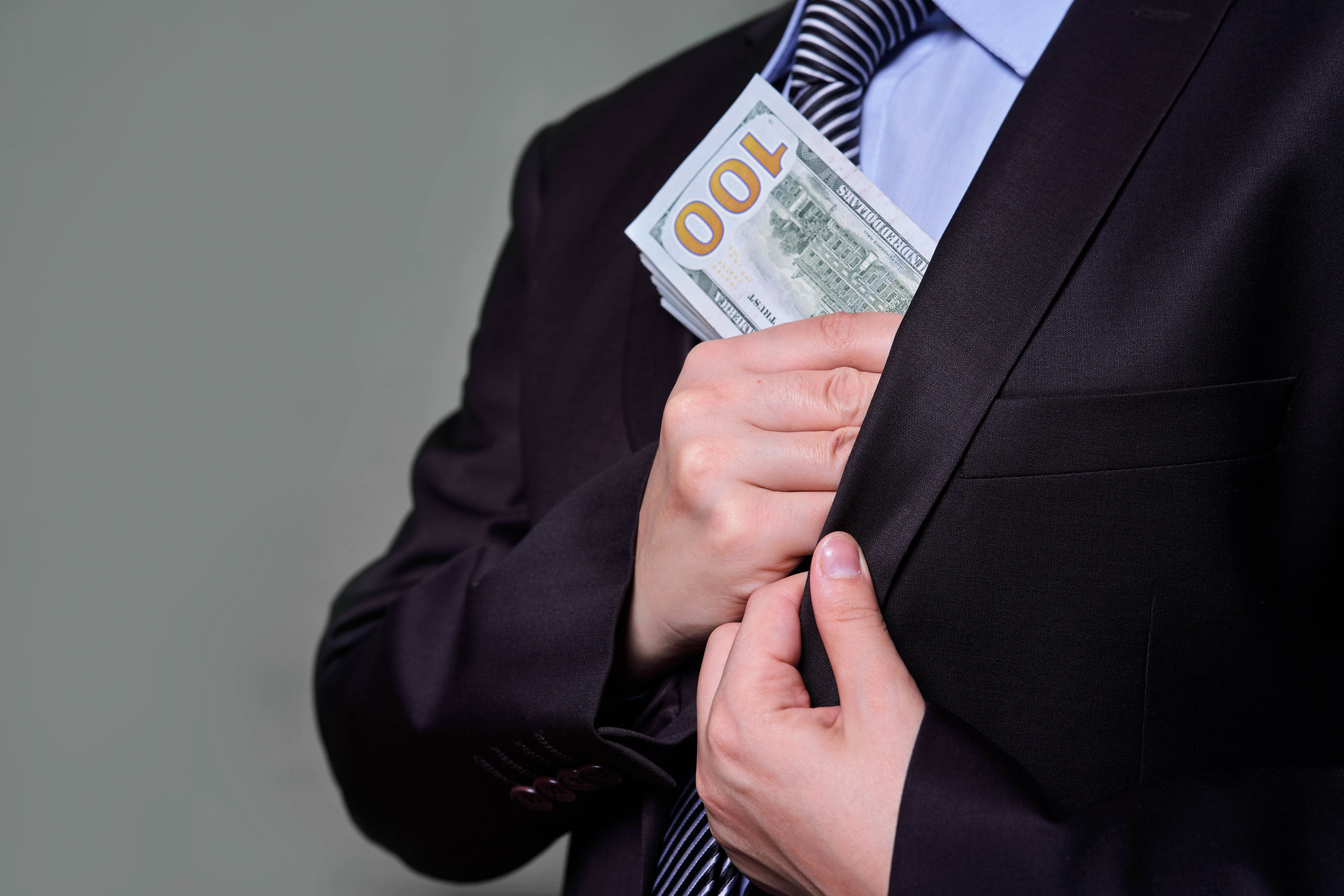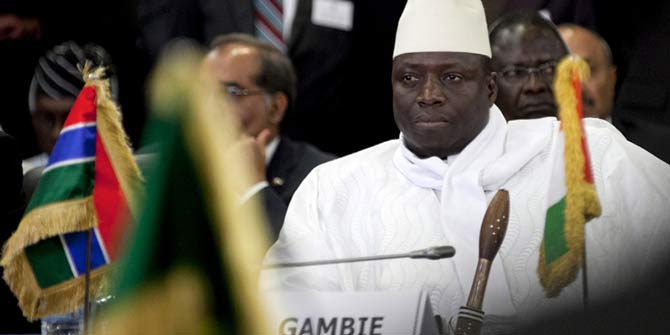As Joseph Kabila refuses to say whether he will step down as President of the Democratic Republic of Congo at the end of his second term in office, LSE alumna Marta Iñiguez de Heredia discusses the factors which would lead to a delay in the elections scheduled for November 2016 and therefore a crisis and what the government and DRC opposition can do to get the electoral timetable back on track.
This post is part of our African Elections Series.
The date of 15 November 2015, set by the government of the Democratic Republic of Congo (DRC) to start a dialogue with opposition parties to prepare for the 2016 elections has now passed. As has the date for provincial and local elections, scheduled for 25 October 2015, and with it, a domino effect of delays is already on its way. The DRC constitution allows for the renewal of the president’s mandate only once. Therefore Kabila cannot run for a third term. Whereas Kabila has a chance to make history for giving democracy a chance in DRC, he is creating a chaotic situation in what looks like a bid to stay in power.

Photo Credit: MONUSCO Photos via Flickr CC BY-SA 2.0
One year ahead of the planned legislative and presidential elections on 27 November 2016, with many scheduled events in the electoral calendar yet to happen, Kabila still wants provincial and local elections to take place before the legislative and presidential equivalent. He has also started the decentralisation process, paralysed for the last nine years, which entails the creation of 15 new provinces. Although his decision to call a population census was stopped by the wave of protests in January 2015, those who came of age in the last five years will still need to be added to the registry. To make matters worse, Kabila’s unwillingness to clearly state whether he will stay or go is strengthening the belief that he does not want to quit and that he is manoeuvring a “glissement” (slippage), to extend this mandate. Additionally, repression against dissidents and critics has continued steadfastly. In the meantime Kabila has called for a dialogue with the opposition, though his approach has entailed courting the historical UDPS opposition party to the detriment of the other political parties. In the midst of the coming crisis, we should be clear about what we can expect and what we should not expect.
It is likely that elections will not take place on the date scheduled.
This is not just a question of political will but also of material resources and time. The cost of holding of elections has been estimated at US$1.5 billion, which is about ‘one fifth of the entire DRC budget’. As already mentioned, the electoral calendar approved by the Independent Electoral Commission in DRC (CENI) is already running well behind schedule and has not received enough funds. Yet, this was also the case with last elections, and these eventually took place. Leaving things to the last minute is an entrenched modus operandi in government affairs in DRC. The problem with this (an argument used to defend a delay of elections) is that elections will not be as organised and therefore not as credible if done with insufficient time and resources.
A delay is also likely if Kabila is unable to find a successor he can trust. In fact, this is supported by statements from his inner circle. Parliament president, Aubin Minaku, stated that ‘he will be replaced the day there is another president.’ Minaku himself is a possible candidate, are are Kabila’s twin sister Jaynet Kabila Kyungu and his wife, Olive Kabila Lembe. The secrecy surrounding Kabila’s intentions and his procrastination in finding a successor points to a strategy of protecting his own position, security and finances. We can only hope that Kabila is not trying a sort of “après moi le deluge” or a kind of “Putin-Medvedev” scenario, as some have argued, where power is simply passed on. But Kabila’s failure to reveal his intentions by his ‘wait and see approach’ is at the root of the problem.
Issues of time, money and political willingness could be remedied by financial support and pressure. Although some countries and institutions have started to make statements in this regard, for instance the US already offered some funding, diplomatic and economic pressure has not been enough so far. As usual with DRC affairs, leaders are focusing on other more pressing matters. Internal pressure, such as from Kabila’s own party, the church and the streets, is mounting and it is likely to increase. How this pressure is expressed and how Kabila deals with it will be fundamental in what happens over the next 12 months.
Unless Kabila makes a public statement asserting his willingness to step down and shows a credible commitment to hold elections, the crisis will deepen and it could lead to violence. Many commentators have already noted that the potential for a deep fracture is increasing. The events in January 2015 made it clear that the Congolese people want Kabila to abide by the rules and organise elections. Some point to neighbouring Burundi as an example of what could happen in DRC. Yet Kabila also knows that the situation can also develop into a Burkina Faso-type scenario. Violence is unpredictable and it generally ends up with more losers than winners.
The opposition has a role in not letting the situation escalate. This is not just a question of accepting the dialogue Kabila is proposing, but of using constitutional and diplomatic tools at their disposal before calling for protests. Calls for resistance and civil disobedience do not need to mean violence. In fact, arguably, what we have seen in DRC in the last few years is an increasingly politically-minded youth, with the commitment to democracy by peaceful means. But protests are plural and volatile. Violence is likely to come due to several factors. Firstly, in a country which is ‘unlikely to achieve any of the Millennium Development Goals’, it would be naïve to expect some protesters not to be enraged and willing to take things further. Secondly, the government is not playing clean in dealing with protests and dissent. In several protests surrounding the question of elections, infiltrators have provoked violence. This is added to the continued use of repressive means towards dissent coming from political opposition, youth groups and journalists. Several of them have been jailed without due process, held incommunicado or suffered arbitrary arrests. Kabila is not creating the best climate for dialogue.
Dialogue is still a plausible way to deal with the crisis and it is not unrealistic to expect that it goes ahead. The possibility of holding this dialogue comes not so much from what Jason Stearns sees as how keen Congolese elites are on travelling and associated per diems. The possibility of dialogue comes, as he also notes, from the fact that the stakes
are very high, though there is more than either “co-optation” of the opposition or violent protests.
There are different ways to analyse what the realisation of this dialogue could bring. So far it has brought divisions in the opposition and so it is already perceived as a government strategy to break up and co-opt the opposition. The UDPS and government representatives were already in negotiations in Venice and Ibiza to discuss the terms of the dialogue though nothing was agreed. The UDPS, the main party of the opposition and one of the fiercest critics of Kabila is willing to have a dialogue but requires that it has international mediation. However, several coalitions and platforms of the opposition are opposed to dialogue. The Dynamique de l’Opposition, a coalition including Vital Kamerhe’s UNC, Jean-Pierre Bemba’s MLC and Jean-Lucien Busa’s CDER, and the so-called G-7, a platform with parties such as Pierre Lumbi’s MSR, Olivier Kamitatu’s ARC and José Endundo’s PDC, which were part of Kabila’s supporting party, the Majorité Presidentielle, but now excluded, have argued that all the government needs to do is follow the legal and institutional instruments already in place for organising elections, and that the dialogue is just a strategy to delay elections. Recently, a group of several parties have stated their willingness to have a dialogue so that elections take place with certain guarantees. Although it is understandable that different parties have different positions in this respect, not having a common front will weaken the opposition.
Kabila’s rejection to clearly state his willingness to step down while offering dialogue certainly sounds as if he is seeking to negotiate the possibilities of continuing in office or renewing his mandate. The history of political dialogue in DRC has generally ended in a distribution of government posts. The difference is that whereas previous dialogues have sought to end a crisis, this one would address a crisis the government has created that should not have existed. In this situation, the opposition could play a key role in preventing Kabila’s strategy of chaos, division and procrastination from developing. A dialogue could establish a forum through which to pressure Kabila for the organisation of credible and timely elections. It could also draft a road map to deal with the challenges.
Elections are meant to take place November 2016, giving the government and opposition some time to establish what the road to get there could be. The biggest pressure is on Kabila to commit to a timely organisation of elections. However this is, at least in the short term, quite unlikely. We can then expect a dialogue and a possible delay in elections in 2016, but what is clear is that time and method will determine the extent of the crisis the DRC is heading to. Political will, pressure, financial support and dialogue could help ease the situation. Once again, it is on Congolese political elites to make this happen. With key events on the electoral timetable already delayed only a decisive strategy can prevent this crisis getting worse.
Marta Iñiguez de Heredia is a Marie Skłodowska-Curie Fellow at the Institut Barcelona d’Estudis Internacionals and a LSE alumna. Follow her on Twitter @martainiguezdh
The views expressed in this post are those of the author and in no way reflect those of the Africa at LSE blog or the London School of Economics and Political Science.






2 Comments